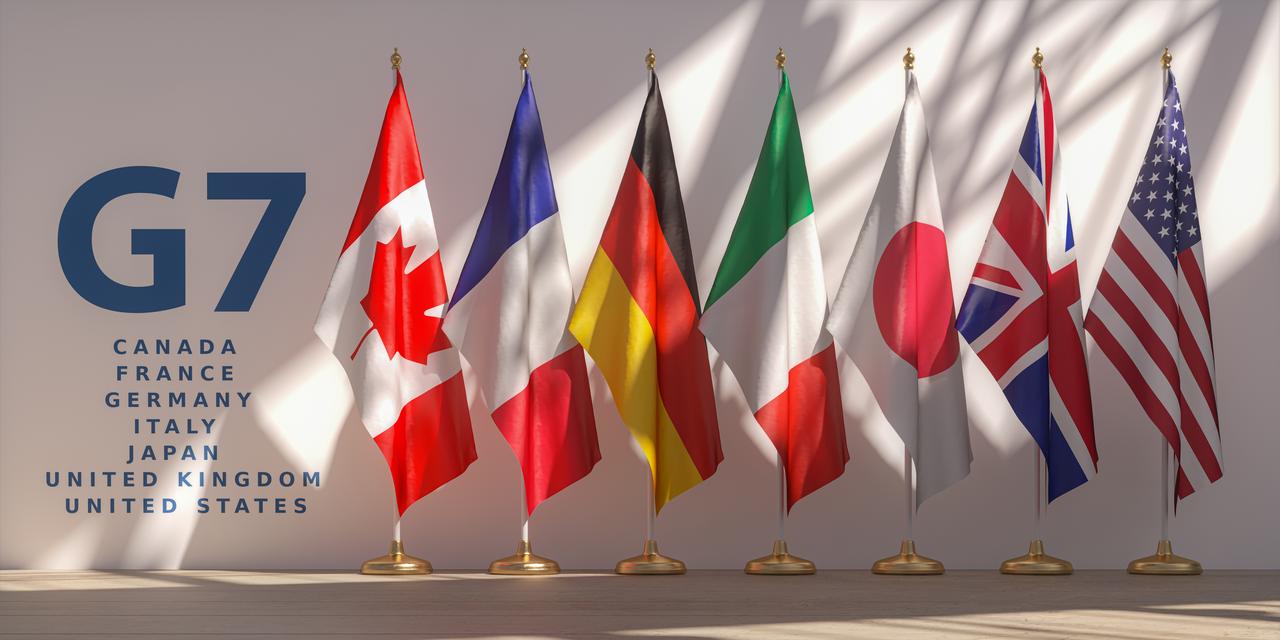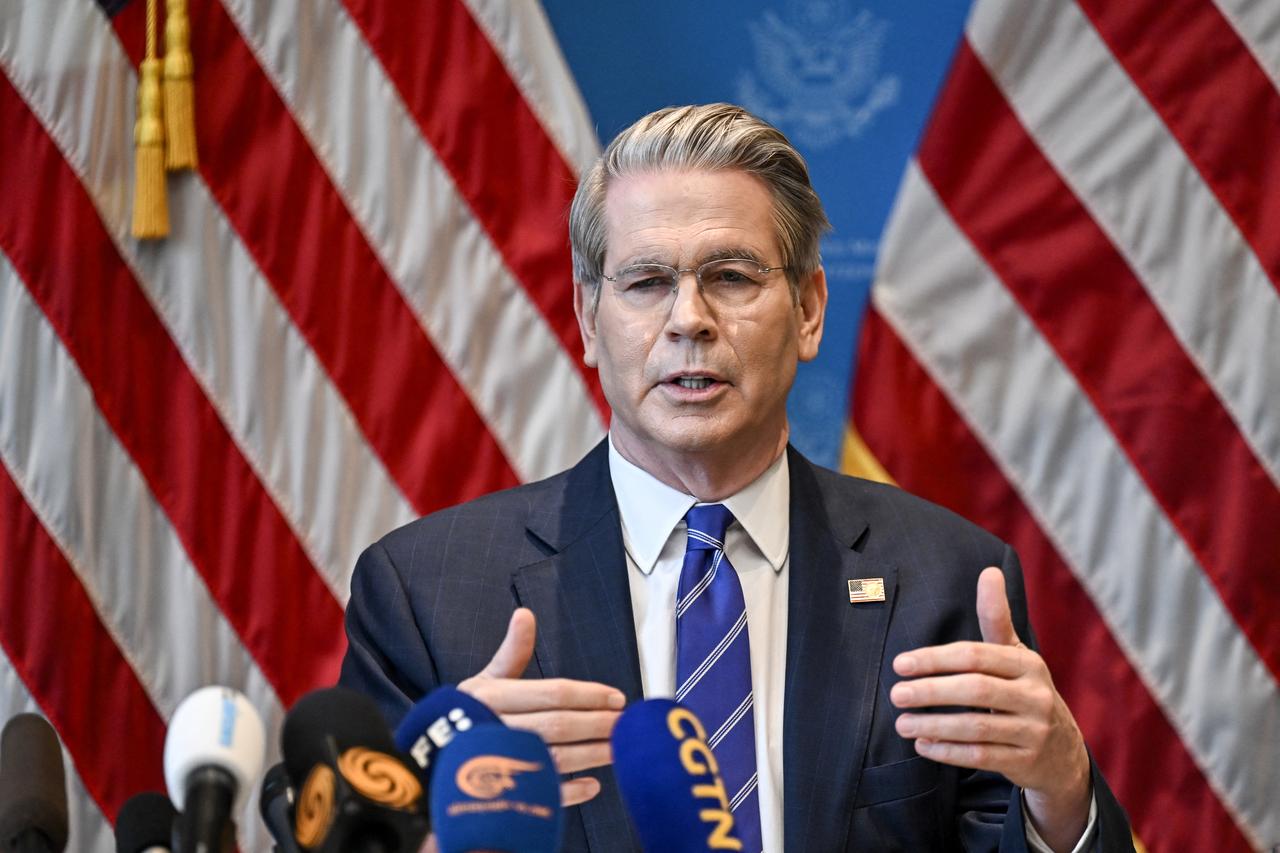
Finance ministers and central bank governors from the G7 nations are set to gather in Canada this week, as advanced economies confront deepening global uncertainty driven by renewed trade frictions and the ongoing war in Ukraine.
The high-level talks, to be held in Banff, Alberta, from Tuesday through Thursday, will bring together top officials from the United States, Britain, Canada, France, Germany, Italy and Japan.

This year’s meeting carries additional weight as it comes amid the return of U.S. President Donald Trump, whose recent wave of tariffs on both allies and rivals has reignited longstanding concerns about economic fragmentation.
According to a U.S. Treasury spokesperson, Treasury Secretary Scott Bessent will push to “get the grouping back to basics and focused on addressing imbalances and non-market practices.” This includes concerns about what U.S. officials describe as excessive industrial capacity in China, which they argue is distorting markets globally.

A source familiar with U.S. preparations for the summit noted that Washington is unlikely to endorse a joint communique unless it aligns with the Trump administration’s priorities. “We’re not doing a communique just for the sake of doing one,” the source said, signaling a harder stance on multilateral coordination.
Trump’s trade policies remain a flashpoint. In recent months, he has imposed a blanket 10% tariff on most U.S. trading partners and has specifically targeted sectors such as steel, aluminum and autos—moves that have unsettled European and North American allies alike.
While negotiators are not anticipating any major trade agreements to emerge from the Banff summit, diplomats involved in the preparations believe the meeting could lay the groundwork for future progress. “A possible metric for success is that the U.S. wants to engage and negotiate a trade deal with these countries,” said Ananya Kumar, deputy director at the Atlantic Council.
Treasury Secretary Bessent, who previously played a key role in de-escalating tariff disputes with China, is widely regarded as a potential bridge-builder at the talks. “He has shown that he can be the adult in the room,” said Carl Weinberg, chief economist at High Frequency Economics, while noting that Bessent still faces pressure from the Trump administration to deliver results in line with its economic agenda.
Beyond trade and geopolitical tensions, the meeting’s agenda features sessions on the global economy, financial crime, and the implications of artificial intelligence for financial systems. Canadian Finance Minister Francois-Philippe Champagne is set to co-chair these discussions, alongside his counterparts from the G7.